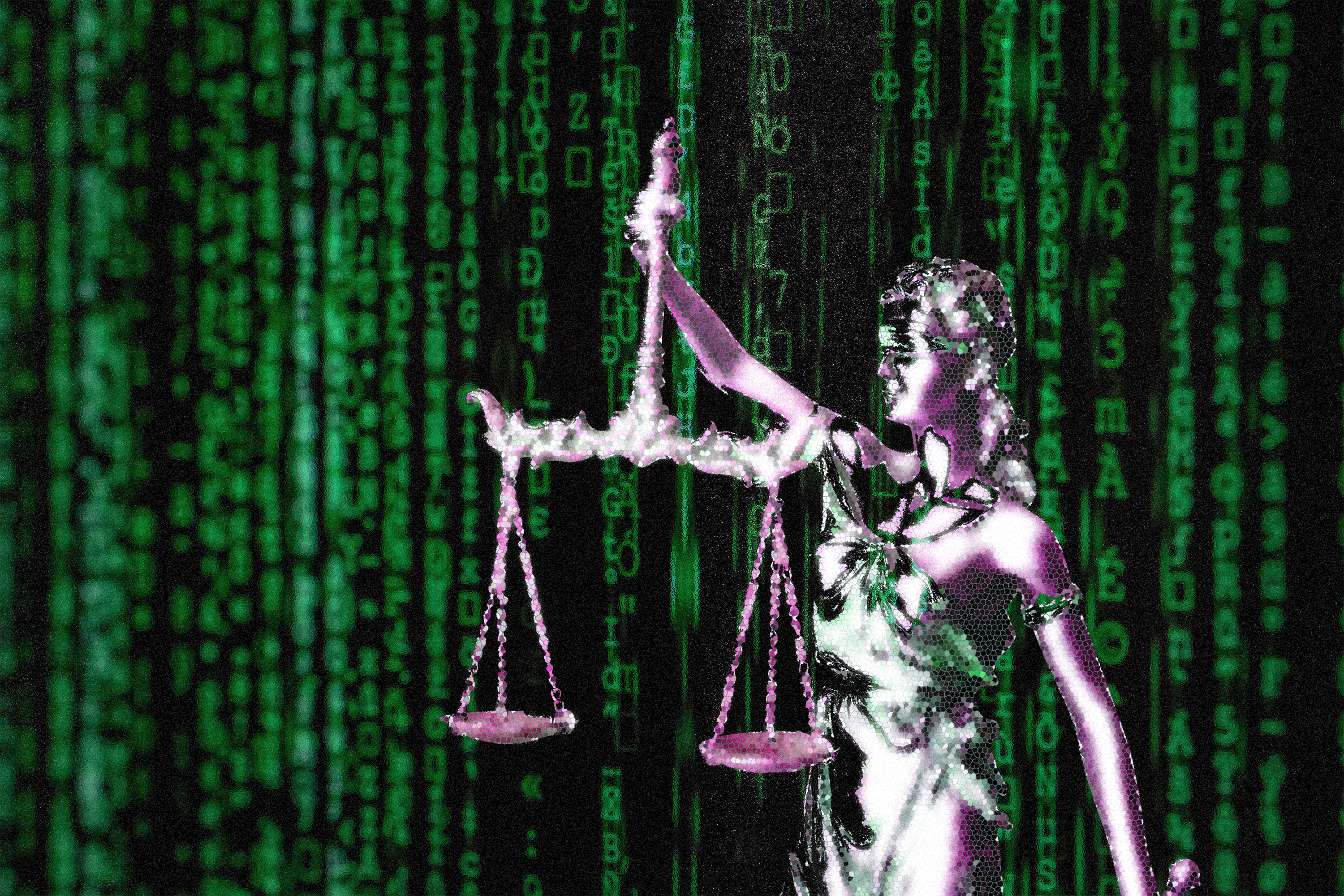Crypto Legal Risk Checklist
By Fatemeh Fannizadeh, Silke Noa

Crypto projects involve various areas of legal risks, which are difficult to identify and quantify. This is due to the fact that legacy legal systems, their laws, processes and their jurisprudence are regularly ill-suited to the intricacies of decentralised, permissionless, and perhaps autonomous open-source technology.
Innovation in the space often means that projects or products have a strong financial and tokenized component potentially running afoul with legacy system’s financial regulations, tax laws or consumer laws, to just name a few. Being investigated by (sometimes several) financial or tax authorities for allegedly failing to comply with laws and regulations can have serious undesirable consequences. However, it is also undesirable to be radically risk averse and therefore overcomply, i.e. to go beyond one’s obligations, which slows down innovation, prevents potentially positive disruption and sets a negative precedent for the crypto space.
We therefore find it crucial for any crypto project to conduct a thorough and honest assessment of its legal risks early on. Identifying legal risks early on in the design process may allow projects to find (often simple) technological solutions that reduce the project’s regulatory burden long-term. Mapping the likely legal implications of a product/project is a demanding task and the availability of lawyers who understand the technological and regulatory nuances across multiple jurisdictions is currently low.
This draft checklist, first prepared for a talk at EthCC[4] in July 2021, aims to help projects, their stakeholders and lawyers to better understand and navigate crypto legal risks. It draws on our experience advising blockchain projects over several years. The checklist is not exhaustive, and should not be interpreted as implying any form of risks or favoring any type of behaviour. It simply acts as a starting point to initiate a broader discussion around legal risks mitigation for decentralised permissionless crypto projects. Let’s all share our research and thoughts to better tackle these sensitive questions!